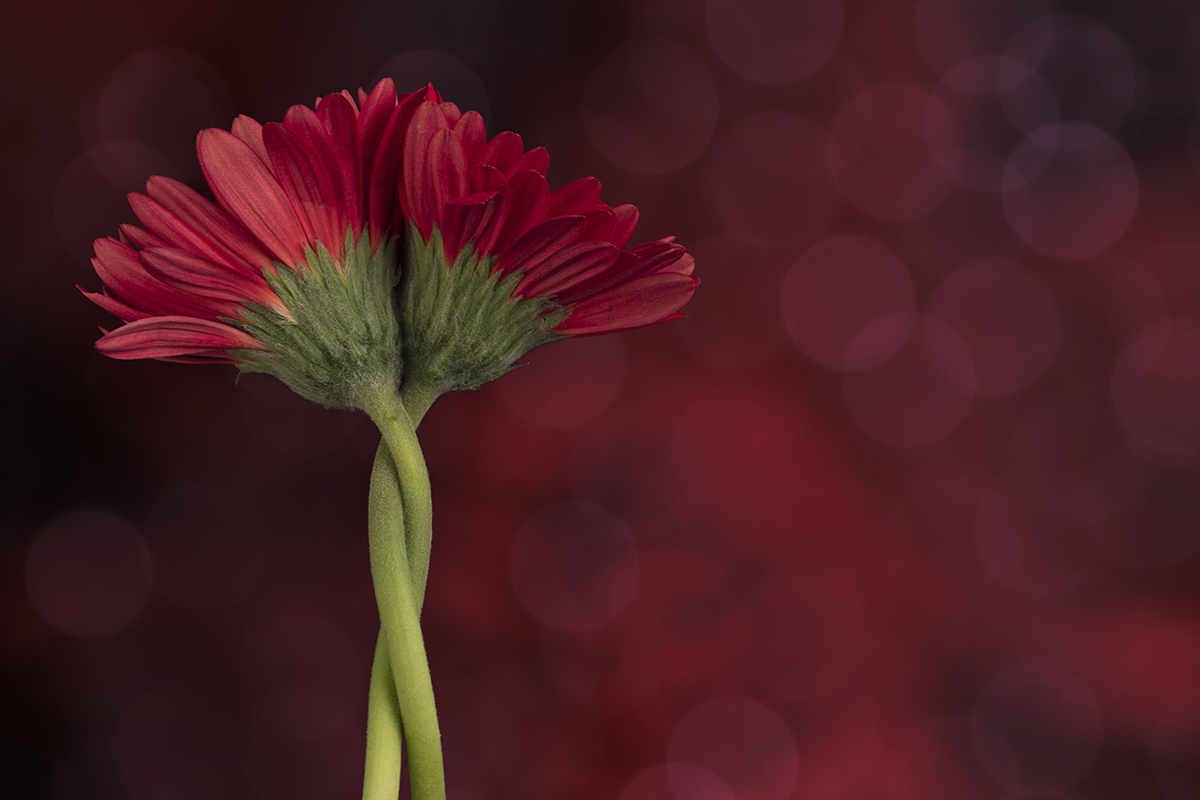Love is one of the most used words in the English language, from St Paul letter in Corintheans: Love is patient, love is kind. It does not envy, it does not boast… to The Beatles singing, All you need is love.
Being in love suggests a sudden possibility of not being in love, whereas loving implies less drama but more constancy.
We know we should feel love and we want to receive it. We also realise that love is a complex emotion. Is love something that exists beyond temporary feelings of repulsion?
The medieval churchman Bernard Clairvaux, tried to draw distinctions between the types of love. He wrote about the four stages of love by which people come to love God:
We start off selfishly, loving ourselves.
We come to relaise that life is difficult and we need help from God. So we begin to love God, but for selfish reasons.
As we mature spiritually, we love God not just because it gives us comfort, or solves our problems, but because our faith deepens. Eventually our love reaches the stage where it unites with God.
Love as a cosmic force
The author CS Lewis wrote of four different types of love. The first three: affection, friendship and romantic love, are naturally available to human beings.
The fourth type he calls charity, a God-given love that enables us to to love the unlovable. This is the sort of love that enabled St Francis of Assisi to embrace lepers, and Mother Teresa to help those on the streets of Calcutta.
The medieval mystical Sufi poet Rumi, wrote about love in his poetry. Rumi illustrates his profound ideas and wise sayings, with fables and parables.
Rumi knew earthly love and ethereal love. He makes it clear that love has to be experienced. He explains love as if it is a cosmic energy or force:
Love makes the sea boil like water in a kettle.
Love crumbles the mountain into sand.
Love splits the sky with a thousand cracks.
Love causes the earth to tremble.
He refers to the Love that moves the sun and other stars. Rumi is trying to get across that love is a tremendous universal power, primeval and elemental. These are big universal images of a vital force.
Lost state of divine existence
As well as being a powerful cosmic energy, love acts as a reminder about some great loss in our lives. Loss of God or the divine home from which we all come and to which Rumi believed, we yearn to return. For Rumi, it is love that that prompts us to remember this lost state of divine existence.
When we recognise our faults and allow love to flow into us, love transforms us in a positive liberating way. This is the way that the alchemy of love can create a world where negatives are turned into positives.
From The Power of Then by James Bremner © 2012 published by Hay House.







